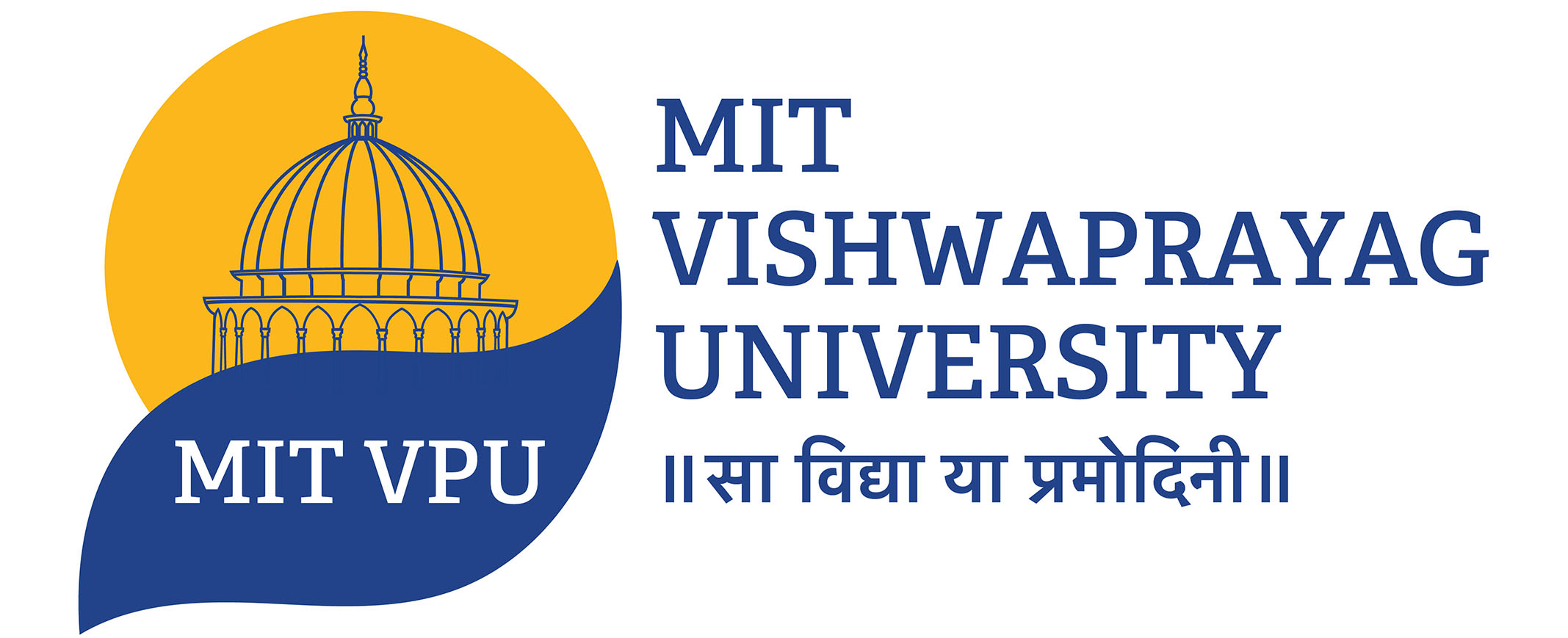The Importance of Creativity in Indic Education
Published on : 01/08/2023
“Learning gives Creativity, Creativity leads to Thinking, Thinking provides Knowledge and Knowledge makes You Great!”
– A. P. J. Abdul Kalam
Creativity in education is not limited to the arts or innovative fields; it holds all facets of learning. It involves taking risks and questioning beliefs, and problems in new and innovative ways. Creativity inspires students to push the boundaries of their knowledge, explore new possibilities, and make connections between different concepts. In a rapidly changing world, creativity is becoming an essential skill for success. Students who are taught to think creatively are better trained to adapt to new situations, identify opportunities, and innovate
Moreover, creativity encourages curiosity, critical thinking, and problem-solving skills, which are crucial for success in any field. As the Indic Education System is rooted in ancient Indian philosophy and culture, it has long recognised the importance of creativity, imagination and innovation in education. The system was designed to have individuals who were not only well-educated but also had a holistic view of life and possessed a deep understanding of themselves and the world around them.

Despite the evolution of education systems over time, the significance of creativity in education remains as relevant today as it was in ancient times. The need for innovative thinking is more essential than ever before in a world that is rapidly changing and facing complex challenges. In this blog we will explore the historical perspective of creativity in Indic education, and how these principles are still relevant in modern education.
Historical Perspective on Indic Education
The Indic education system has a rich history that goes back to ancient times. The Vedas and Upanishads, ancient Indian texts, lay the foundation of the Indic education system and emphasize the importance of creativity and imagination. These texts are a source of knowledge, wisdom, and spiritual guidance and promote the development of the mind and soul. The Vedas, in particular, focus on the pursuit of knowledge and identify creativity as an essential aspect of the learning process. The Upanishads, on the other hand, emphasize the importance of self-discovery, self-awareness, and the cultivation of a curious mind.
The works of Indian philosophers, mathematicians, and scientists further highlight the importance of creativity in Indic education. For example, the renowned mathematician Aryabhata used creativity and imagination to develop new mathematical concepts, including the concept of zero, which revolutionized the field of mathematics. Indian philosophers, such as Swami Vivekananda, recognized the importance of creativity in education and believed that it played a critical role in the development of the mind and spirit.
Creativity in Modern Indic Education
Modern Indic schools and universities recognize the importance of promoting creativity in education and have developed innovative teaching methods to foster it.
One way that modern Indic schools and universities promote creativity is through project-based learning. This approach allows students to work on projects that are relevant to their interests and passions, and it encourages them to think critically and creatively about how to solve problems. Students are also given the freedom to explore different avenues of inquiry and to develop their own ideas, which helps foster their creativity.
Studies have shown that students who are exposed to creative teaching methods have better problem-solving skills, enhanced critical thinking abilities, and are more innovative. They are better equipped to handle real-world challenges and are more likely to succeed in their chosen careers. Moreover, a creative education helps develop empathy, emotional intelligence, and social skills. It helps students think outside the box and understand different perspectives. This is particularly important in today’s globalized world, where individuals from different cultures and backgrounds interact and work together.
In conclusion, the Indic education system has a long history of emphasizing creativity, imagination, and innovation, and these principles are still highly relevant in modern education. The students need to embrace their own creativity and explore ways to incorporate it into their learning and work. This can be done by seeking out new and innovative ideas, asking questions, and being open to new perspectives. By doing so, they can develop the critical thinking and problem-solving skills necessary for success in today’s competitive job market.
At MIT Vishwaprayag University Solapur, we strive to encourage our students to embrace and explore new and innovative ways of learning. We intend to incorporate the Indic Education system with the modern evolving times as it will help the students not only develop the skills they need to succeed in their future careers but also become lifelong learners who are capable of adapting to and thriving in a rapidly changing world.
Recent post
-
Your Path to MIT VPU in 2023: Admission Guide and Courses Overview
-
What Can You Do with a B.Tech in IT? Career Paths and Opportunities
-
Leading Engineering College in Solapur: What You Need to Know
-
MITVPU Goes Paperless: Streamlining Exams and Embracing Sustainability
-
How Formative Assessment Empowers MITVPU Students


